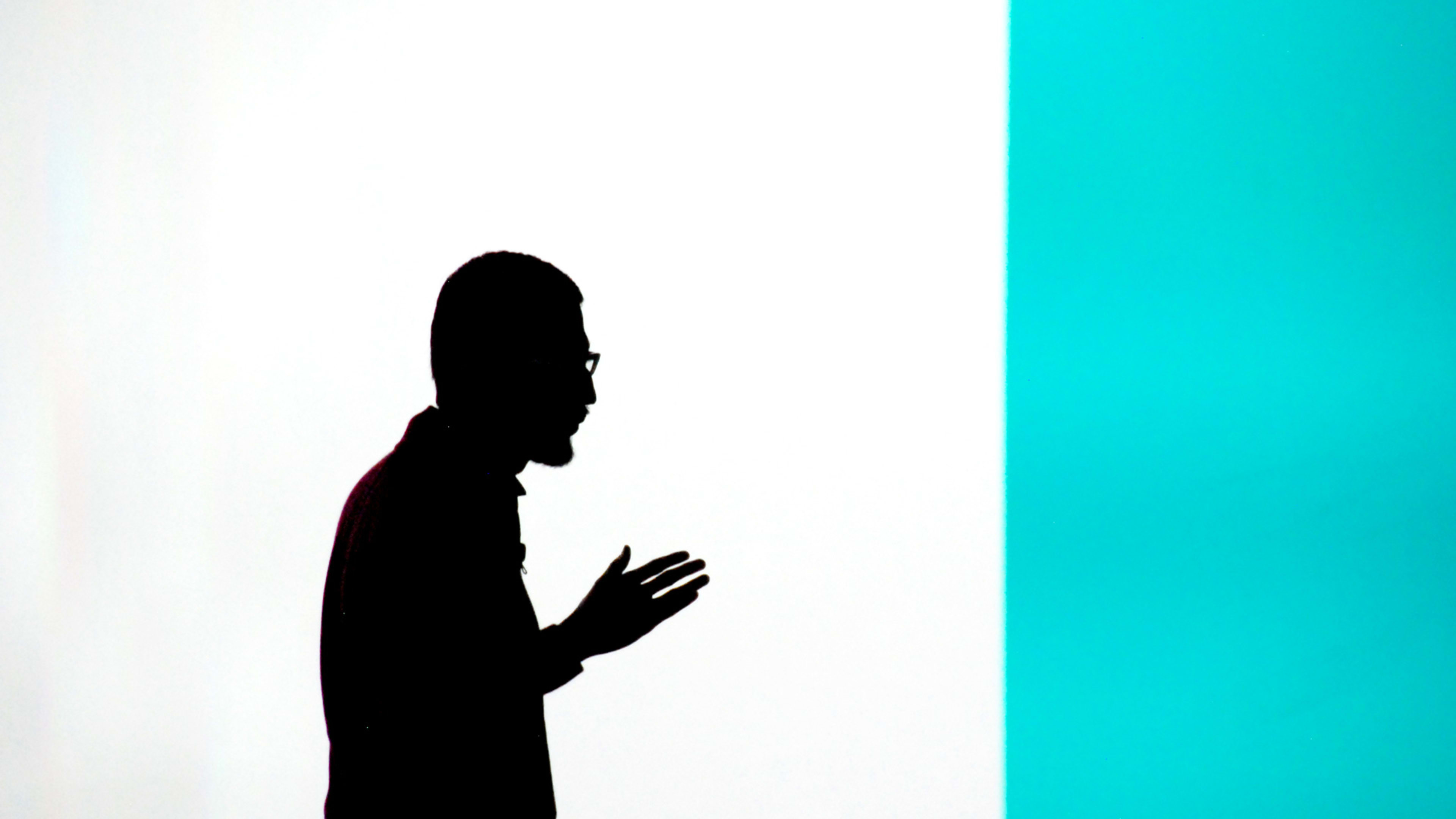Google CEO Sundar Pichai and YouTube CEO Susan Wojcicki say their companies feel a sense of responsibility for the misinformation and hate that flourished online during the 2016 election and are making changes.
The company says it’s hiring 10,000 people to locate bad content on Google’s platforms, including fake news or hate videos on YouTube. And Pichai and Wojcicki say machines are just as important.
“It’s become more about using AI to find those videos and have people review them,” Wojcicki said. “We are ramping up the machine learning as well as all the people.”
Wojcicki said 400 hours of video is uploaded to YouTube every minute, so combing through it all is a huge undertaking. “We are able to remove half of that violent extremism within two hours with machine learning,” Wojcicki said. “If it were just human beings we wouldn’t be able to do that.”
Pachai and Wojcicki were interviewed in San Francisco by Recode‘s Kara Swisher and MSNBC’s Ari Melber for the taping of a new tech show called Revolution.
Swisher pressed Pichai on Google’s responsibility for providing a platform for toxic and fake content in 2016. Pichai said his company feels a sense of responsibility for what happened, and hasn’t made a secret of it.
“One of the things I like is that we’re very accountable,” Pichai said. “When we make a mistake it’s on the news everywhere.”
And Google says it’s doing a lot to make sure it doesn’t host videos or other content that might subvert the democratic process.
“We spent a lot of 2017 thinking about what we can do better, and in 2017 we have laid a lot of foundation to that,” Wojcicki said.
For example, YouTube will require that all state-sponsored news bear a label identifying the sponsor.
MSNBC’s Ari Melber asked Pichai if he believes Google has a responsibility to protect “facts and objective truth.” Pachai responded in the affirmative, but added, “There are many areas where people don’t agree what the right information is.” He also pointed out that Google is only one part of the “giant system” that disseminates news and information.
“I would like to provide a platform to foster understanding and learning and seeing new points of view,” Wojcicki said. “If we can do that, I think we’ll have a good year.”
Revolution will air on MSNBC on Friday, January 26th at 10 p.m. ET / 7 p.m. PT.
Recognize your brand’s excellence by applying to this year’s Brands That Matter Awards before the early-rate deadline, May 3.
